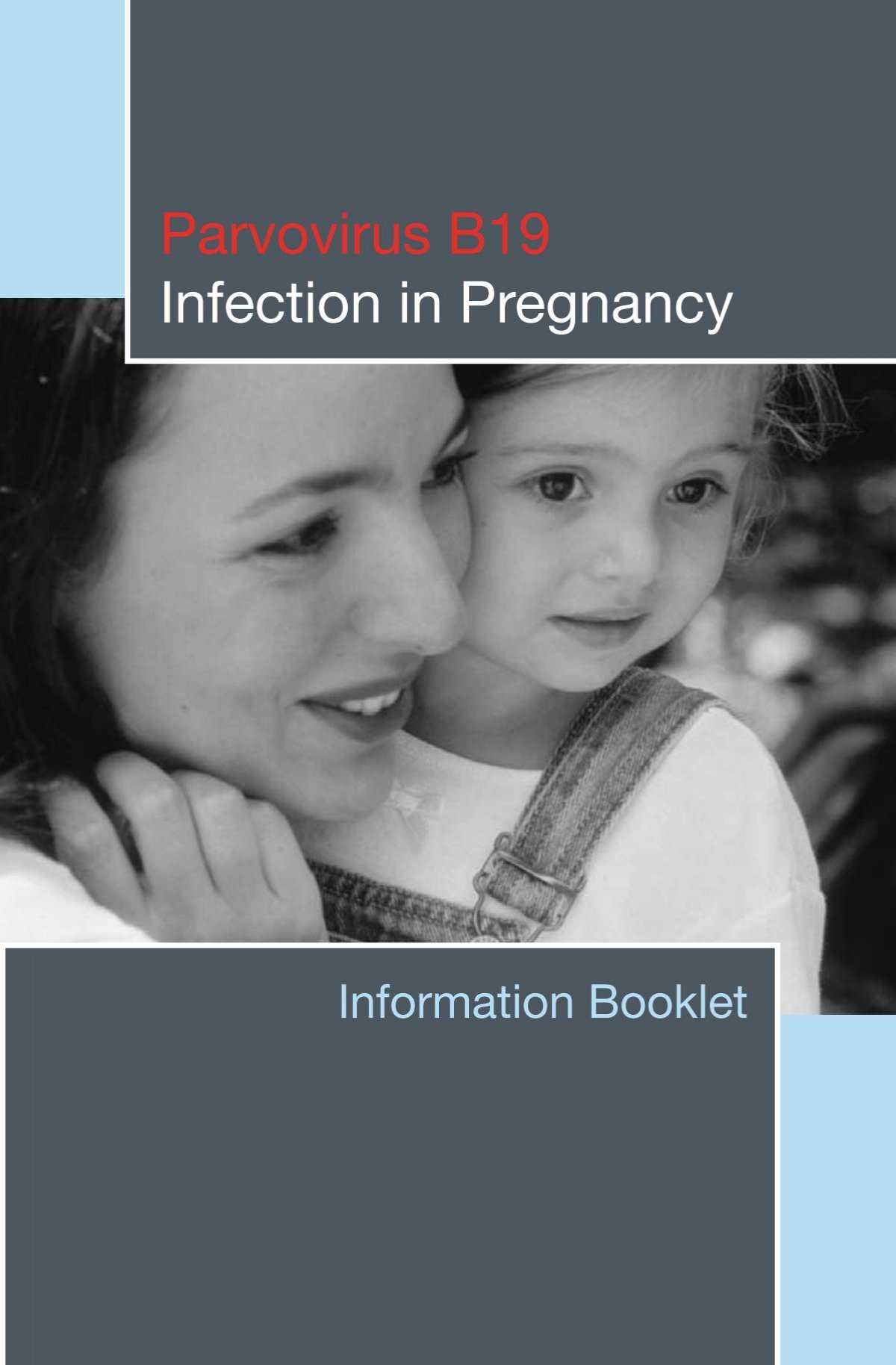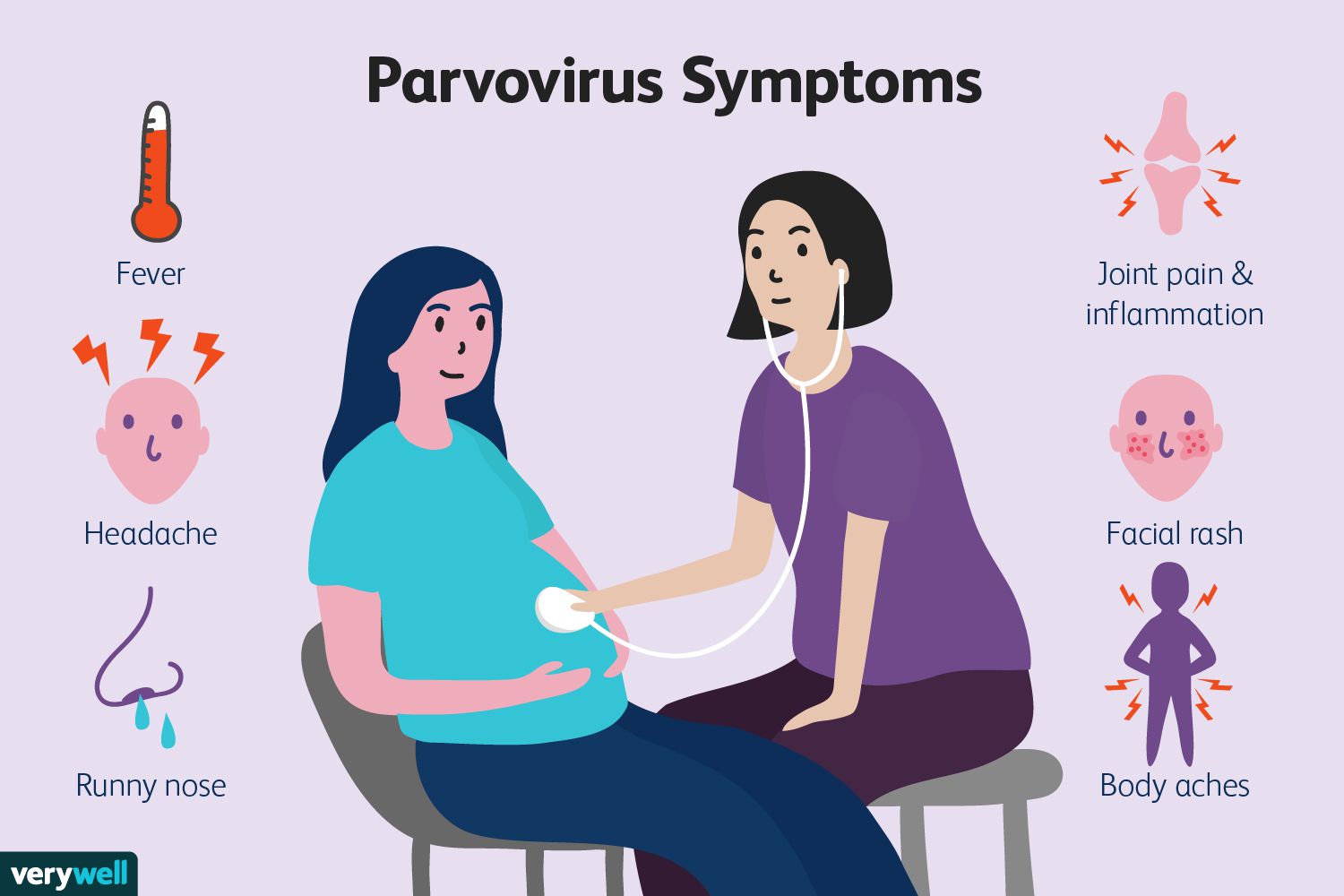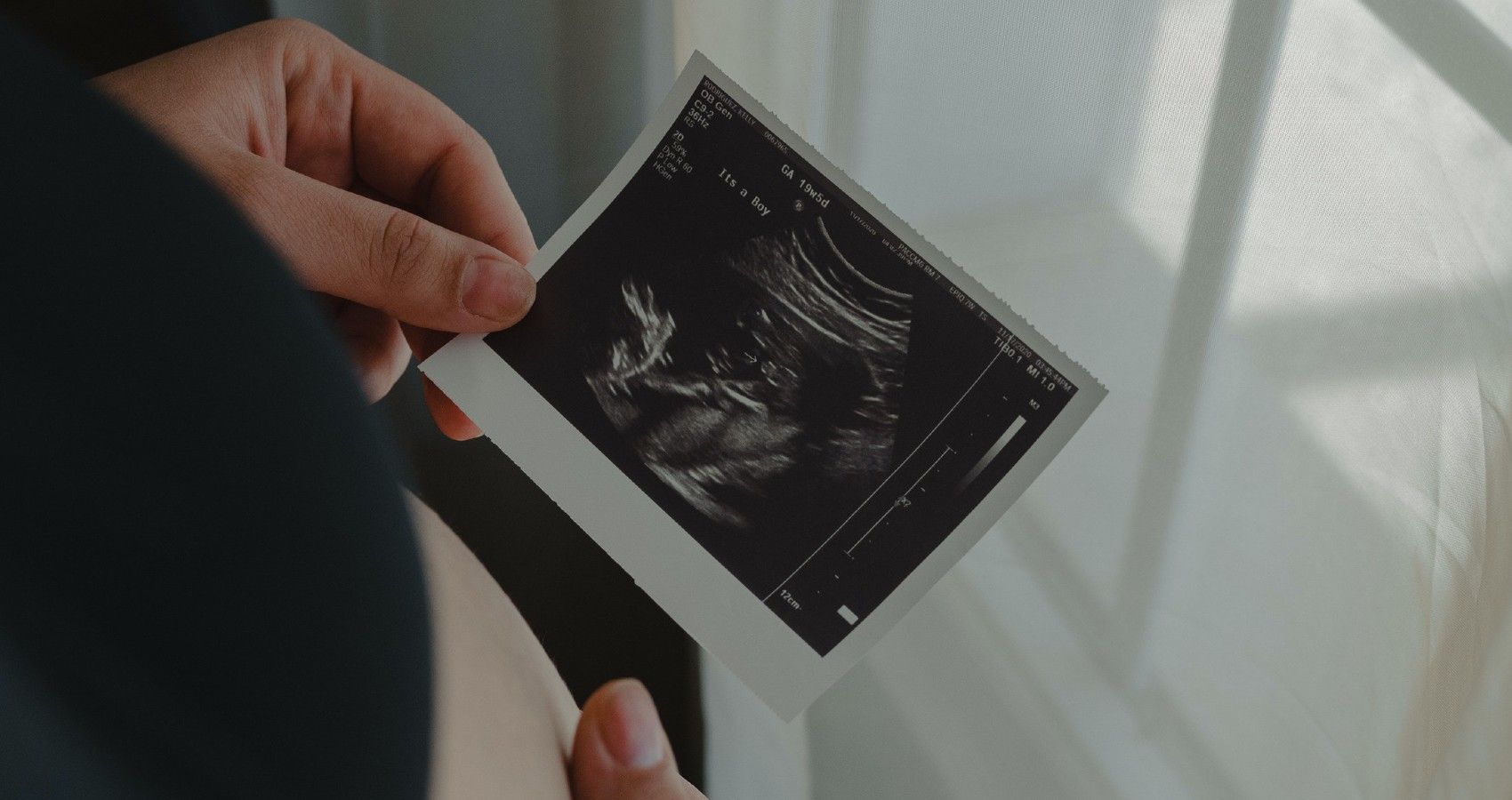Parvovirus Infection During Pregnancy: Risks and Outcomes

Understanding Parvovirus Infection During Pregnancy

Parvovirus B19 is a common virus that can cause a mild infection in most people, but it can pose serious risks to pregnant women and their unborn babies. The virus is highly contagious and can spread through respiratory droplets, contact with contaminated surfaces, and vertical transmission from mother to fetus. In this article, we will delve into the risks and outcomes of parvovirus infection during pregnancy, as well as discuss the necessary precautions and treatments.
Risks of Parvovirus Infection During Pregnancy

Pregnant women who contract parvovirus B19 are at risk of developing complications, including:
- Fetal anemia: The virus can cause the fetus’s red blood cells to be destroyed, leading to anemia. This can be severe and even life-threatening if left untreated.
- Hydrops fetalis: In severe cases, the anemia can cause fluid accumulation in the fetus’s body, leading to hydrops fetalis. This condition can be fatal if not treated promptly.
- Miscarriage: Women who contract parvovirus B19 during the first 20 weeks of pregnancy are at a higher risk of miscarriage.
- Preterm labor: Infection during the second or third trimester can increase the risk of preterm labor.
🚨 Note: The risk of complications is higher for women who contract parvovirus B19 during the first 20 weeks of pregnancy.
Outcomes of Parvovirus Infection During Pregnancy

The outcomes of parvovirus infection during pregnancy vary depending on the severity of the infection and the gestational age at the time of infection. In general, the outcomes can be categorized into:
- Mild infection: Women who contract parvovirus B19 during the second or third trimester may experience mild symptoms, such as a rash, fever, and joint pain. In most cases, the infection will not cause significant harm to the fetus.
- Severe infection: Women who contract parvovirus B19 during the first 20 weeks of pregnancy are at a higher risk of developing severe complications, including fetal anemia and hydrops fetalis.
- Chronic infection: In rare cases, parvovirus B19 can cause chronic infection in pregnant women, leading to persistent anemia and other complications.
Diagnosis and Treatment of Parvovirus Infection During Pregnancy

Diagnosing parvovirus infection during pregnancy involves:
- Blood tests: Blood tests can detect the presence of parvovirus B19 antibodies in the mother’s blood.
- Ultrasound: Ultrasound can help diagnose fetal anemia and hydrops fetalis.
- Amniocentesis: In some cases, amniocentesis may be performed to diagnose fetal anemia.
Treatment for parvovirus infection during pregnancy depends on the severity of the infection and the gestational age. In general, treatment may involve:
- Intrauterine blood transfusion: In cases of severe fetal anemia, intrauterine blood transfusion may be performed to increase the fetus’s red blood cell count.
- Corticosteroids: Corticosteroids may be administered to reduce inflammation and promote fetal lung maturity.
- Rest and hydration: Women with mild infection may be advised to rest and stay hydrated to help manage symptoms.
Prevention and Precautions

Preventing parvovirus infection during pregnancy involves:
- Avoiding close contact: Pregnant women should avoid close contact with individuals who have parvovirus B19 infection.
- Practicing good hygiene: Frequent handwashing and proper hygiene can help reduce the risk of transmission.
- Getting vaccinated: While there is no vaccine available for parvovirus B19, getting vaccinated against other illnesses can help reduce the risk of complications.
| Risk Factors | Precautions |
|---|---|
| Close contact with infected individuals | Avoid close contact, practice good hygiene |
| Poor hygiene | Frequent handwashing, proper hygiene |
| Lack of vaccination | Get vaccinated against other illnesses |

Conclusion

Parvovirus infection during pregnancy can pose serious risks to the mother and the unborn baby. Understanding the risks and outcomes of the infection can help pregnant women take necessary precautions to prevent transmission and reduce the risk of complications. If you are pregnant and have concerns about parvovirus infection, consult your healthcare provider for guidance and advice.
What is parvovirus B19?

+
Parvovirus B19 is a common virus that can cause a mild infection in most people, but it can pose serious risks to pregnant women and their unborn babies.
How is parvovirus B19 transmitted?

+
Parvovirus B19 can spread through respiratory droplets, contact with contaminated surfaces, and vertical transmission from mother to fetus.
What are the risks of parvovirus infection during pregnancy?

+
Pregnant women who contract parvovirus B19 are at risk of developing complications, including fetal anemia, hydrops fetalis, miscarriage, and preterm labor.